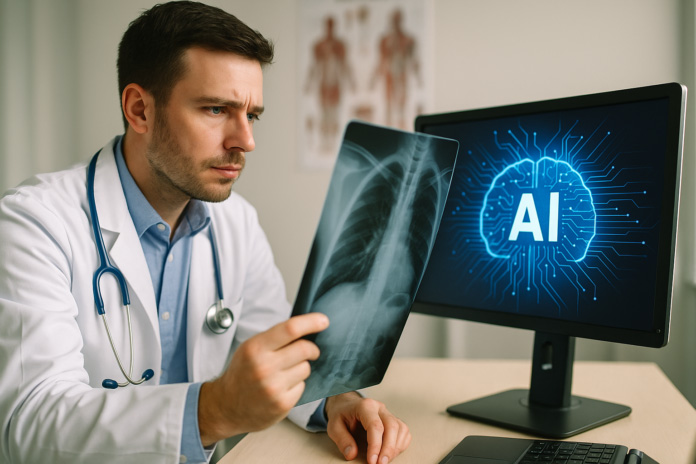Transforming Diagnoses with Precision
Artificial Intelligence (AI) is revolutionizing the health care industry by improving the accuracy of diagnoses. Machine learning algorithms can analyze complex medical data much faster and more accurately than a human doctor. For instance, AI can interpret medical imaging results, such as X-rays and MRIs, to detect conditions like cancer at early stages. This increased precision helps in initiating timely treatment, ultimately saving lives.
In many hospitals, AI systems are now being used to assist radiologists. These tools flag suspicious areas in images, which allows medical professionals to focus their attention where it is needed most. As a result, the collaborative efforts between AI and human specialists create better healthcare outcomes for patients.
Personalized Treatment Plans
Another significant advantage of AI is its ability to tailor treatment plans for individual patients. By analyzing vast amounts of data—including genetic information, lifestyle choices, and medical history—AI algorithms can recommend personalized therapies that are more likely to be effective for each unique patient. This shift towards personalized medicine makes treatments more efficient, enhances recovery rates, and reduces the likelihood of adverse effects.
Moreover, healthcare providers can leverage AI to predict how patients will respond to certain medications, leading to more informed prescribing practices. As a result, patients receive care that is specifically catered to their needs, making their health journey much smoother and more effective.
Streamlining Administrative Tasks
AI is also streamlining administrative tasks within healthcare systems, allowing medical staff to focus more on patient care. Automating processes such as scheduling appointments, managing patient records, and billing reduces administrative overhead and increases efficiency. This shift not only improves operational workflow but also enhances the patient experience.
Additionally, chatbots and virtual assistants powered by AI are becoming increasingly common in medical facilities. These tools provide patients with instant responses to frequently asked questions—such as appointment availability, treatment options, or medication refills—freeing up healthcare professionals to concentrate on more pressing issues.
The Future of AI in Health Care
Looking ahead, the potential for AI in health care is immense. As technology continues to evolve, we can expect even greater innovations that enhance patient care. From advanced predictive analytics to AI-driven surgical robots, the future holds exciting possibilities that promise to transform how we approach healthcare.
In summary, AI is making a positive impact on health through more accurate diagnoses, personalized treatment plans, improved administrative efficiency, and innovative future developments. As these technologies become increasingly integrated into healthcare systems, we are on the cusp of a healthier, more efficient future for all.


